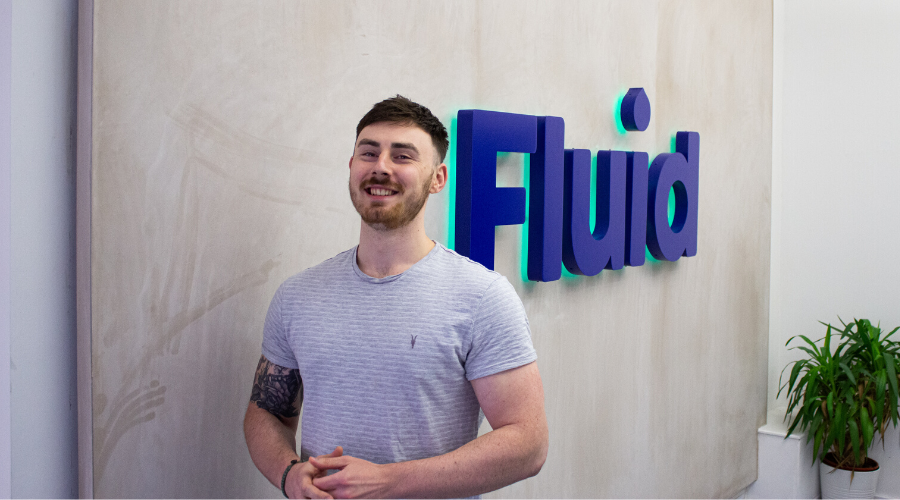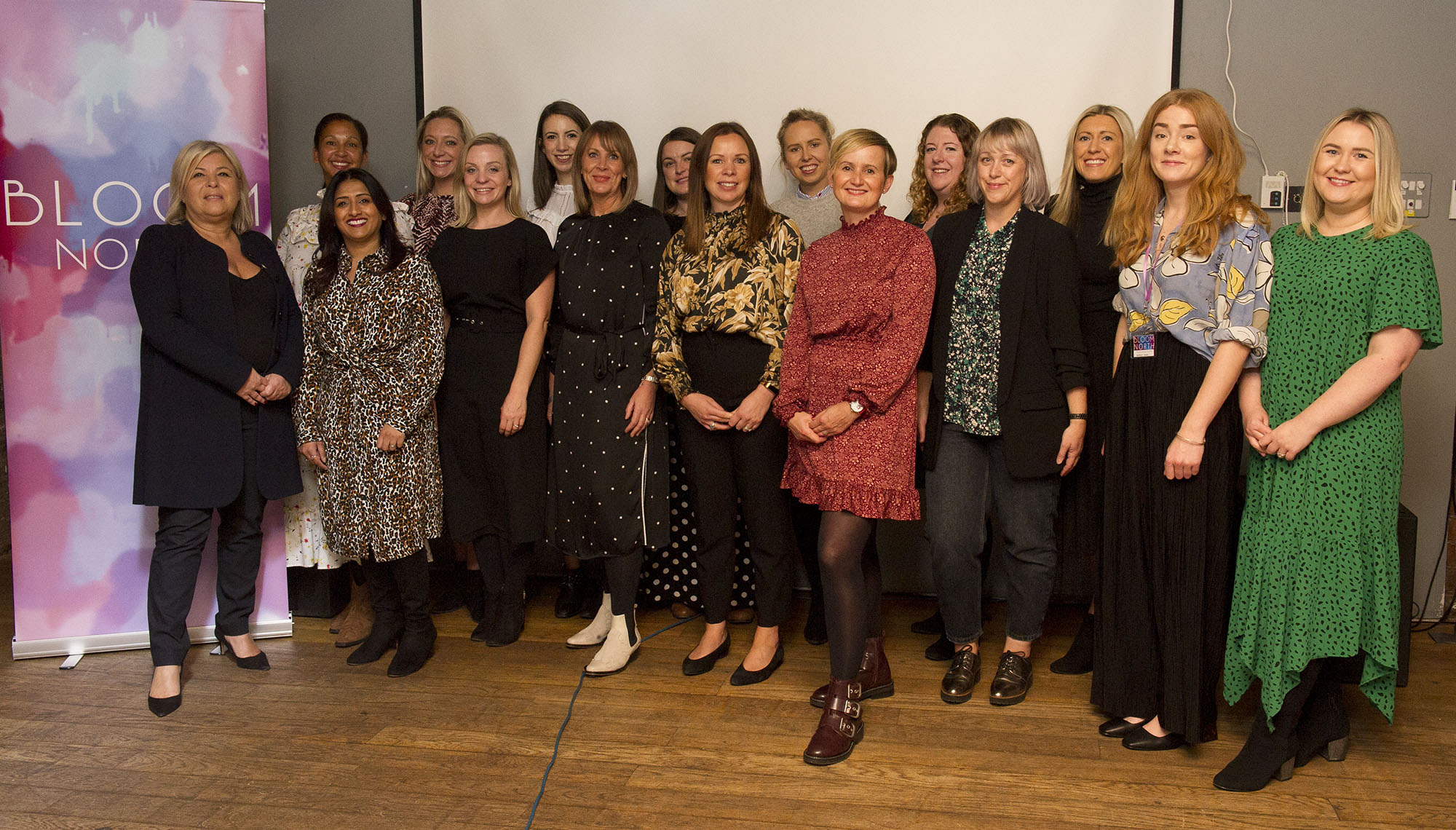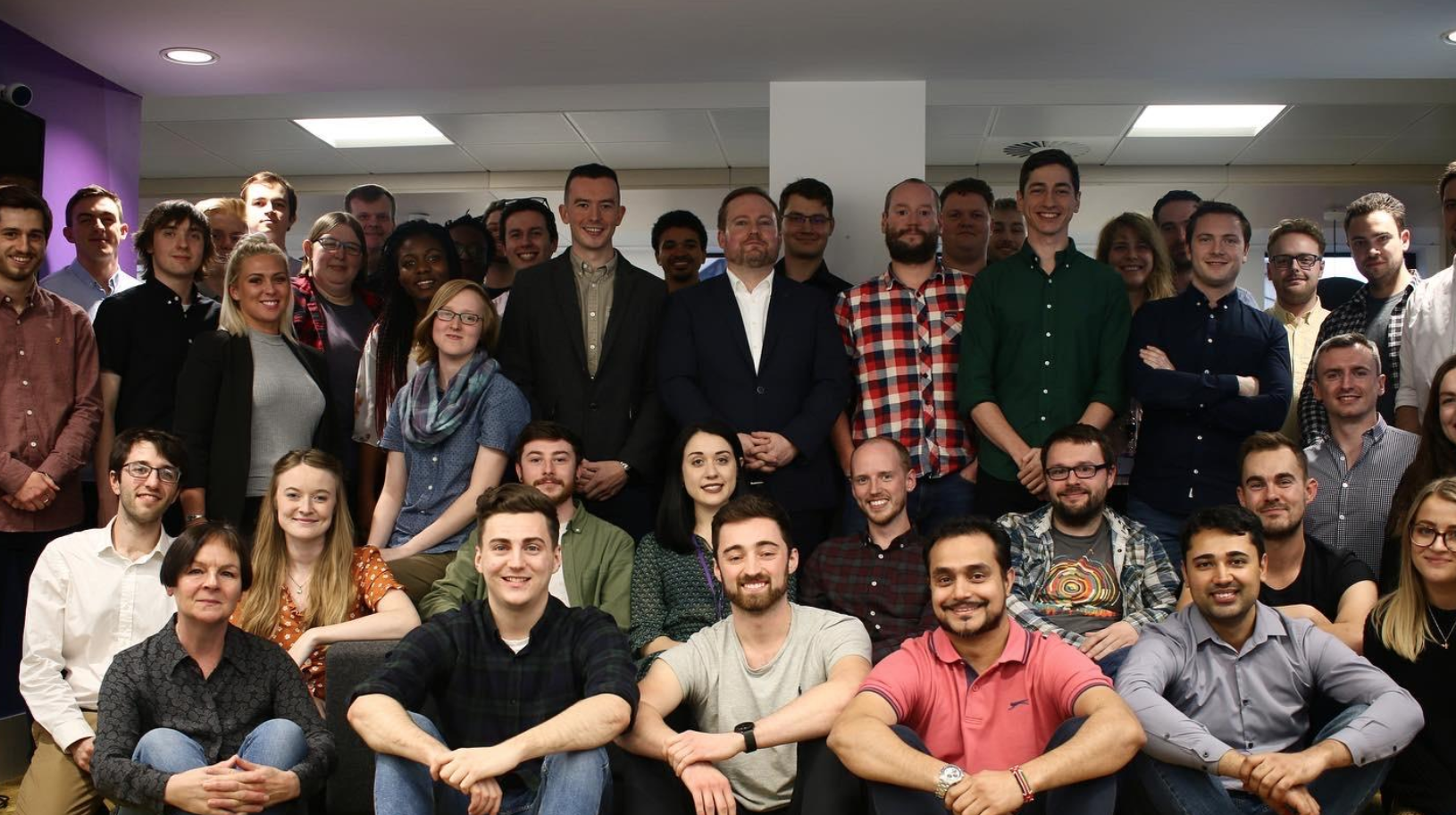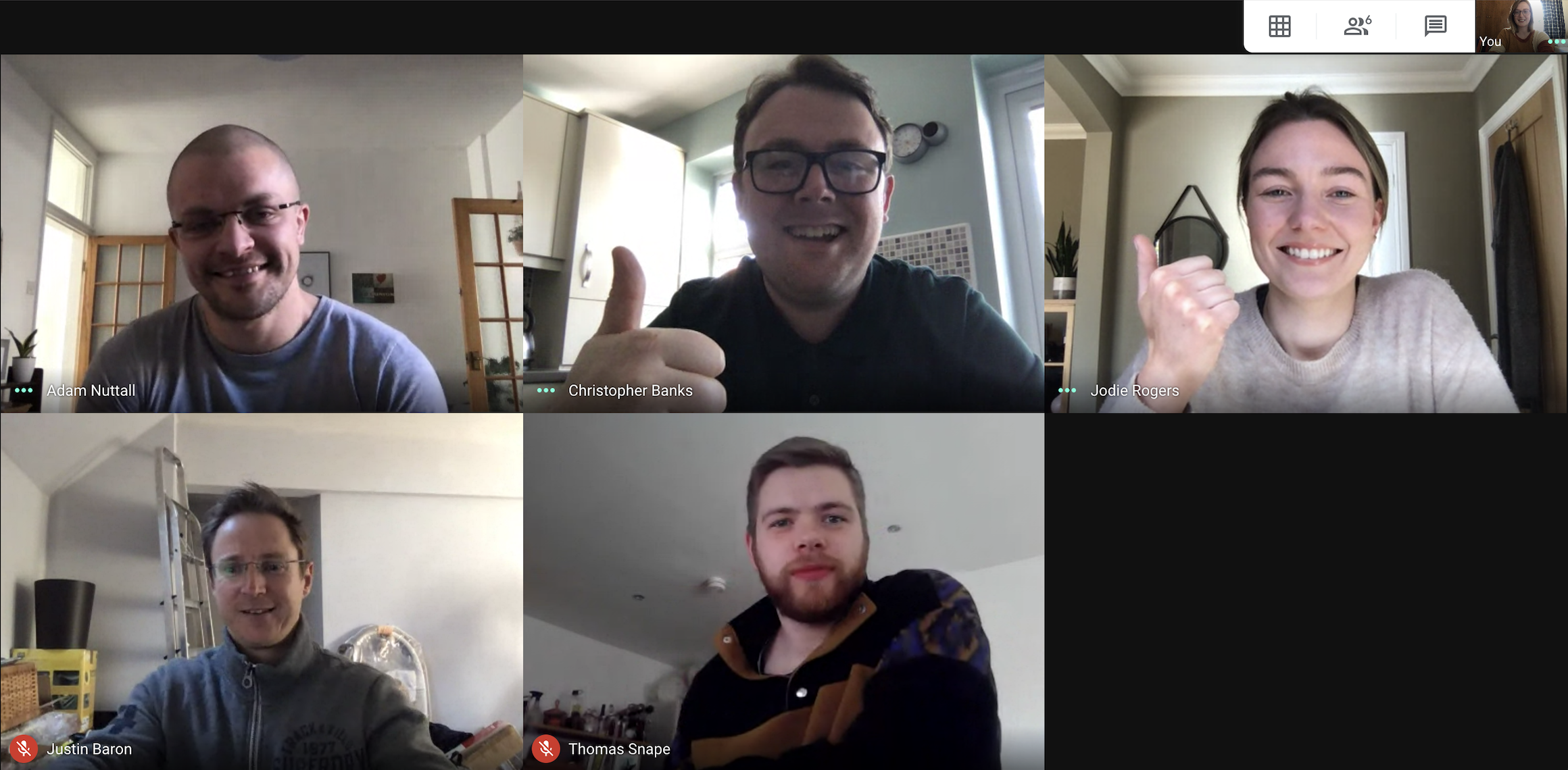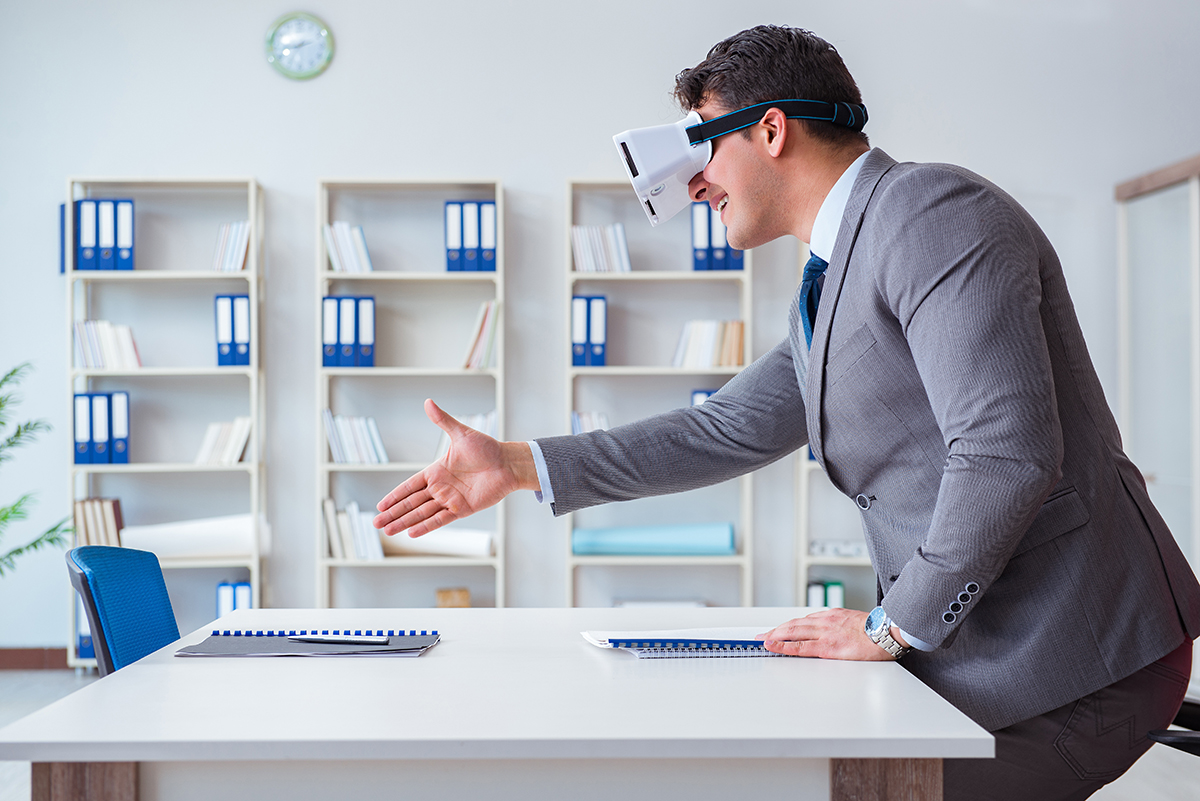
As we return to life with post-covid restrictions, the key concern across organisations is having quickly implemented the service delivery components of remote working; for the most part, little time or thought has been given to the long term company culture, economic impact or how it will continue to evolve.
On Wednesday 25th May, Indiespring in partnership with Padoq hosted a senior leader roundtable in Manchester to discover how businesses may or may not be adopting new ways of working and the changes we expect to see in the future.
Attendees were as follows:
Rob Sandbach, MD Indiespring; Avinash Rajan, Chief Product & Partnerships Officer Padoq; Andrew Beacock, CTO Guidr; Dan Sodergren, Co-Founder YourFlock; Symeon Breen, CTO OpenMoney; Jeremy Roberts, Executive Chairman Living Ventures and Non Exec Chairman Gusto Restaurants and The Alchemist; Emma-Louise Fusari, Founder In-House Health.
Here are some of our top highlights from the day:
A New Way of Working
It’s no secret, the way we work is changing, no matter how hard some people try to bring us back to pre-pandemic times.
The Guardian, and many other sources, reported early in May that Boris Johnson has made a renewed call for people to return to the office, a feeling echoed by other Government ministers and a number of business leaders across the world.
“My experience of working from home is you spend an awful lot of time walking very slowly to the fridge, hacking off a small piece of cheese, then walking very slowly back to your laptop.” Boris Johnson, UK Prime Minister
A now infamous quote, and whilst our guests may have disagreed with the headlines, there wasn’t a resounding agreement on the future being remote. The challenge ahead for every organisation is to meet employees’ new expectations head-on while balancing business outcomes in an unpredictable economy.
It was clear from the discussions across the table that many agreed with this new shift. Changing the way we use office spaces, providing the right environment for people to work – whatever their preferences were. In industries such as hospitality, work from home is not an option, an industry that relies heavily on social interactions and in person processes, such as food prep, wait service, the concept of office working doesn’t apply here.
“Our company decided to make the office a collaboration space, investing in the right technology to make hybrid work” Symeon Breen, CTO OpenMoney.
But for workers who were based in offices pre-2020, the landscape of where we are now is very different. People have become accustomed to re-focusing their priorities. Looking at Gen Z and the younger employees, flexibility, mobility and freedom are becoming non-negotiables when searching for opportunities.
Data released from Ipsos consistently showed that across all demographics, flexibility to work differently is desirable, with 65% saying they are more productive when they work flexibly.
Of course moving to a fully remote environment, or even hybrid doesn’t come without its challenges.
“Moving our teams remote, engineering productivity rapidly increased. The one challenge that we came across was reporting, ensuring we regularly had project status updates and visibility.” Andrew Beacock, CTO Guidr
There was also some reservation from Indiespring MD Rob Sandbach. As a company that has always implemented a flexible work policy from its inception, the removal of the office during the pandemic had a negative effect on staff, rather than a positive one. As most employees were used to managing their time in their own way and the office had become almost an extended family hub, removing access to a communal space had a negative effect on some employees.
“The remote work revolution has been great for those in the middle class but perhaps not so great – for middle managers of middle England.” Dan Sodergren, Co-Founder of Team Engagement Platform Your FLOCK
Although Dan’s point highlights how remote working might help some people, many of the new challenges around working from anywhere might be down to the job roles themselves. And how we can think about how we support people from all backgrounds. Into these mid-level jobs. A conversation for another time!
In conclusion it seems that the one thing everyone agreed on was that now in this new age of working, it is an employers responsibility to consider and address the needs of their people.
“As we look ahead we realised different people need different things.” Symeon Breen, CTO OpenMoney
Taking into consideration the different personalities, lifestyles and work ethics and finding a way to pull them all together.
The Enterprise Technology of the Future
There was a clear acknowledgement that in the most part, offices of the future will need to change.
But will they change from physical to virtual?
If your employees work from home, how do you differentiate the ‘work state of mind’ to a ‘home/residential state of mind’ and vice versa?
Research by Nuffield Health in the UK found that almost one third of UK remote workers were experiencing difficulties in separating home and work life, with more than one quarter finding it hard to switch off when the work day finishes.
Can virtual workplaces provide a solution to some of the remote working disadvantages? Such as providing a better demarcation between home and work life, creating the sensation of walking into the workplace each day and then leaving and saying goodbye to colleagues when your work is done.
However exciting the topic of a virtual office was when brought into the discussion. There was a collective opinion that the ‘metaverse’ is a buzzword and unlikely to shift the way we work anytime soon. The pandemic has shown we still have a fundamental need for human connection.
There is still a lot to unpack on the conversation of introducing virtual reality office environments. With so many societal problems already proving a challenge, it will be interesting to see how people will use the metaverse to create versions of themselves which don’t necessarily represent who they are in reality.
As the group discussed the potential of exploiting avatars to express an unrealistic version of yourself, where this could become even more interesting is if we used these digital identities to test out inequalities that are prevalent in many working environments. Such as, if a woman presented herself as a man, would that lead to more opportunities?
Food for thought, but not something anyone is expecting to happen anytime soon. It’s more likely that advances in machine learning, AI are all areas that will continue to boom within internal/external services. But as humans, we’re not quite ready to be absorbed into a virtual world.
The Impact on the Environment
If hybrid working is here to stay, there’s a lot of implications we need to consider including the impact it has not just on how individuals work, but also the wider economy.
According to Avinash, Two things became extremely clear as a result of the pandemic. The first being working capital. Suddenly, large commercial buildings around the world realised their entire financial model relied on people coming into the office.
“When we look at cities, their entire financial model relies on people coming in to the office” Avinash Rajan, Chief Partnerships and Product Officer Padoq
Because of the pandemic, changes to the way we continue to work, even with lockdowns a thing of the past, people are still not coming in. It’s a real concern and the economic models are changing quite drastically.
Latest figures released by Transport for London, usage of the London underground at the start of May was still less than 70% of levels seen in January 2020, before the Covid-19 pandemic.
As much as we may feel we’re in a world that has returned to ‘normal’, the reality is we are far from returning to how things were in 2019 and in fact this overused ‘new normal’ is not going anywhere.
Dan pointed out that what we need to discuss is where we go from here with cities? Rather than trying to simply turn back the time and revive what we thought worked best. How can we innovate our way to a new environment? After all, we must remind ourselves that cities haven’t always existed.
“There were times where people shifted from fields to fill factories. Then factories emptied and made way for offices. And now as people leave the offices it’s going to change again. It’s evolution. It’s what we do as human beings. Change is the only constant.” Dan Sodergren, Co-Founder of team engagement platform Your FLOCK
The second part is the increased demand from the great migration out of cities. The capabilities of broadband, local services, better living environments. All of which come with their own challenges, especially now as we see an increase in the cost of living.
Employee Wellbeing
In this new world of working, more and more employers are starting to recognise the importance of their employees’ wellbeing.
For management, one of the difficulties of not being in the office was being able to spot when employees are struggling. Video conversations can only do so much, but being able to physically interact with someone, note their body language and spot the subtle signs.
Many organisations are adopting their policies and adding in tools to allow work and life to harmoniously balance each other out. However, Emma pointed out in her area of work many companies were implementing them as a token gesture. She highlighted that most people will see right through these tactics and unless businesses invest time in the root cause of the problem, the problems will simply continue to exist.
To help leaders navigate the uncertainty, the 2022 Work Trend Index outlined findings from a study of 31,000 people in 31 countries, along with an analysis of trillions of productivity signals in Microsoft 365 and labour trends on LinkedIn.
In 2020 they found that 53% of employees are more likely to prioritise health and wellbeing over work than before the pandemic.
A pace of change has happened. But whether it’s a positive or negative change is still yet to be established. Working from home showed that many companies celebrated an increase in their productivity levels, but former nurse Emma highlighted that a high performance culture is not sustainable.
The first discussion point here centred around communication. Our communication tools between personal and work have become blurred and the behaviours in their adoption have changed.
“I am always on and know many others who feel the same way and we won’t really apologise for that. We don’t expect others within the company to be the same, but as an owner it’s hard to want to switch off.” Jeremy Roberts, Executive Chairman Living Ventures and Non exec Chairman Gusto Restaurants and The Alchemist
This was initially a contested opinion, but the founders and MDs in the room did agree that as leaders of organisations, switching off completely is a difficult move to make. They did acknowledge that over time they’ve realised the importance of disconnecting, a change that once again may have been jolted by the pandemic.
When employing a remote workforce where communication tools are key, as organisations how do you control them?
“Flexible working is not just about place. It’s also about time. Not necessarily about the number of hours everyone is working, but also taking into account when you want to work in comparison to others around you. The challenge is setting the culture and the right boundaries to enable colleagues to know they don’t always need to be on.” Rob Sandbach, Managing Director, Indiespring
From his experience, Avinash suggested using the communication tools themselves to control how ‘on’ you and your employees are. Rob shared how choosing a single platform and educating around it was ideal in making sure everyone understood how to balance being involved or not. And following those suggestions Emma highlighted that perhaps the change is not how we manage ourselves but how we respect others.
“Most importantly we need people to be thinking more about the impact they are having on others.” Emma-Louise Fusari, Founder In-House Health
If you are working late in the evening, should you send that email to your colleague who you know is on holiday? Or should you schedule for them to receive it when they return? We found that this could be a real point of discussion as the group went back and forth on where the responsibility lies – whether you should be in control of what you see, or we should all be more mindful of how we interact.
The end solution was perhaps a bit of both. Shortly after the event, Dan published an article on LinkedIn with his own thoughts regarding the future of work, and he highlights the following quote:
“Ask your people – let them decide.”
If we look back over the discussion from this event, it’s clear that this albeit simple looking statement is powerful enough to change your business, and determine its future. The figures are there, the times are changing and without your people, your organisations will not be able to sustain its profitability, or its survival.
Thank you to all our attendees for sharing their thoughts openly and honestly with the group. And to our partner Padoq for their support during this event. If you would like to know more about our Senior Leader roundtables click here.
Let’s keep the conversation going… JOIN US in Manchester Thursday 9th June as we hear from a range of experts and delve further into this topic. There’s still time to sign up!! Save your spot and help us continue the conversation.


